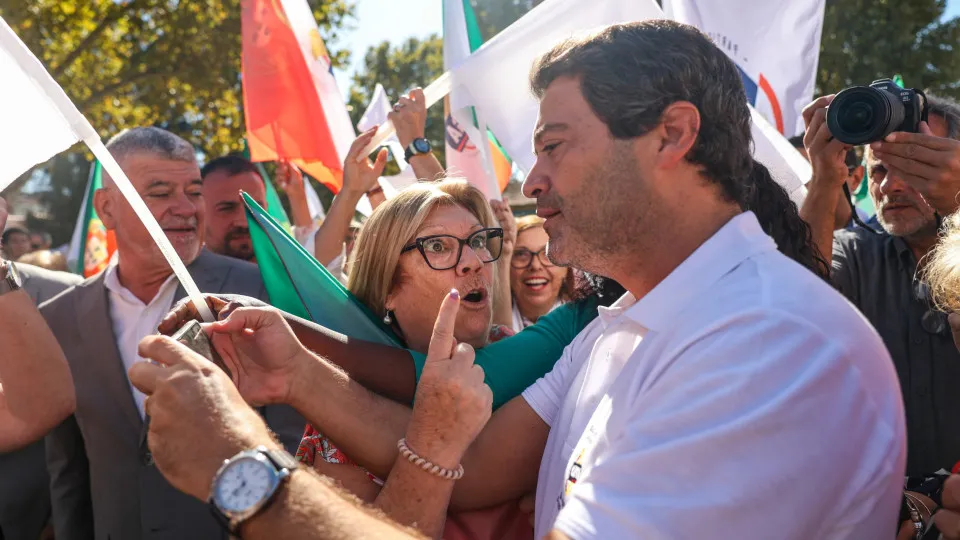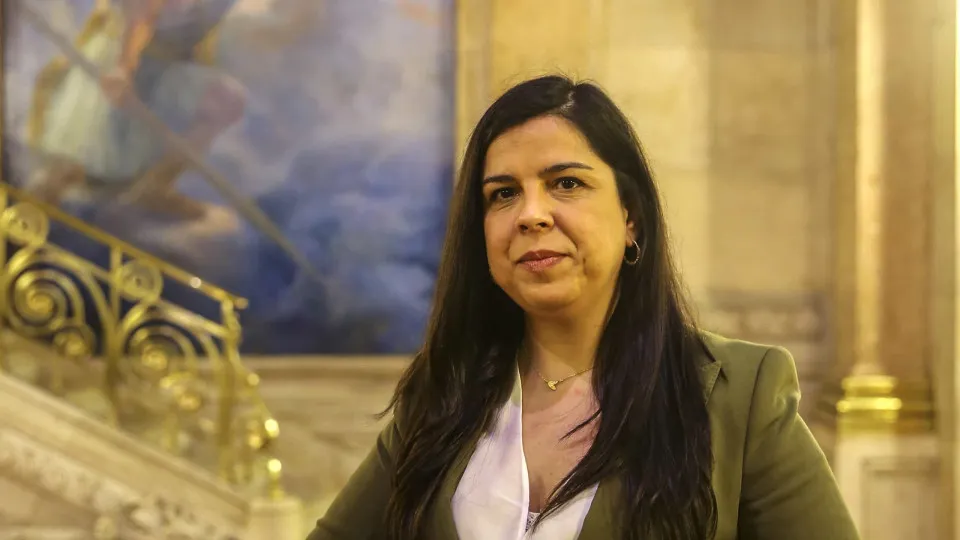
“One day, when it is safe, when there are no personal consequences for calling things by their names, when it is too late to hold anyone accountable, we will always have been against this,” wrote Omar El Akkad in a tweet on October 25, 2023, as the bombings in Gaza intensified.
At the time, it was still unclear that the situation would persist to this day, when the phrase remains relevant and has been transformed into the title of a book, released in February this year and now published in Portugal by Tinta-da-China.
In this work, which has been described by the international press as a “break” from traditional journalism, where neutrality is abandoned for a morally active stance, the author, who is a writer and journalist, draws on his experience in conflict zones to provide a personal and critical perspective on the events in Gaza.
Organized into ten interconnected essays – ‘Departure’; ‘Witness’; ‘Values’; ‘Language’; ‘Resistance’; ‘Profession’; ‘Lesser Evils’; ‘Fear’; ‘Farewell’; ‘Arrival’ – the book combines elements of personal memory, journalism, and philosophical reflection.
Each chapter starts with an image, fact, or event related to the ongoing attacks in the Gaza Strip, leading the author to intertwine the theme with personal childhood and immigration memories, his professional experience as a correspondent in conflict zones, personal testimonies, and real cases of resistance, protest, or moral intervention.
Before all of this, the book begins with the story of a Palestinian girl pulled from the rubble of a bombed building in Gaza, who asks those carrying her if they are taking her to the cemetery because she believes she is already dead.
This moment serves as a metaphor and starting point for exploring how violence turns everyday life into a constant expectation of death and how language and the perception of suffering become distorted when living under bombings.
Among the episodes cited by the author throughout the book are some of the most media-covered, such as the story of Hind Rajab, a six-year-old Palestinian girl who survived a missile attack that destroyed the car she was traveling in with her family. Alone among the bodies of her relatives, she managed to contact the Palestinian Red Crescent, speaking, crying, and pleading for help, only to be found dead days later with the six family members who accompanied her, near a charred ambulance that tried to rescue her.
The death of Palestinian journalists risking their lives to document what happens in Gaza, the American soldier who set himself on fire in Washington in protest against the US complicity in the Gaza conflict, or the creation of a new acronym – CFSSF – Child Wounded with No Family Survivors – by doctors, given the number of children entering the remnants of hospitals “with amputated limbs, burned skin, maggots coming out of wounds” are other episodes evoked.
In his analysis, Omar El Akkad addresses the hypocrisy of the West, criticizing the indifference and selective empathy, especially towards Palestine, and pointing out the disparity between support for causes like Ukraine and indifference to suffering in Gaza.
The author also questions the values of Western liberalism, which prioritize power and material comfort over universal human rights.
Moral and artistic responsibility is also targeted, with Omar El Akkad challenging the cultural world to reflect on the role of art in times of crisis, questioning the relevance of productions that do not directly address contemporary injustices.
Omar El Akkad, who migrated with his parents at an early age, believed that in the West he would find freedom and justice.
“Over 20 years as a journalist, El Akkad covered wars, uprisings, and demonstrations. But it was mainly while witnessing the massacre in Gaza that the true contours of the Western paradigm revealed themselves: many of its promises are a sham, and there are many groups of human beings that the West does not regard as such,” describes Tinta-da-China, emphasizing that this book “is a chronicle of this painful realization, a moral debate on what it means, as a citizen, to carve out any sense of possibility in an era of carnage.”
International critics have praised the work for its courage and clarity, with The Guardian describing the book as a “cathartic critique of Western hypocrisy about Gaza” and highlighting El Akkad’s eloquence and honesty.
In a review for the newspaper, novelist Dina Nayer wrote: “Brutal, angry but always unassailable in its logic.”
The Chicago Review of Books noted the book’s importance as an appeal for reflection on freedom and moral responsibility in the global context.
The Santa Barbara Independent compared El Akkad’s style with James Baldwin in ‘The Fire Next Time’ and with the journalism of Robert Fisk, the historic British correspondent in the Middle East, for his ability to denounce injustices, emphasizing how the author exposes the double standard: official speeches tout values like the defense of life or the protection of civilians, but then fail to act or downplay the impact of their policies.
Omar El Akkad was born in Egypt, grew up in Qatar, moved to Canada as a teenager, and currently lives in the United States.
He has twice won both the Pacific Northwest Booksellers Association Award and the Oregon Book Award in the fiction category.
His books have been translated into 13 languages, and his debut novel, ‘American War’, was considered by the BBC as one of the hundred novels that helped shape the world. “One Day, We Will Have All Been Against This” marks the author’s debut in non-fiction.




